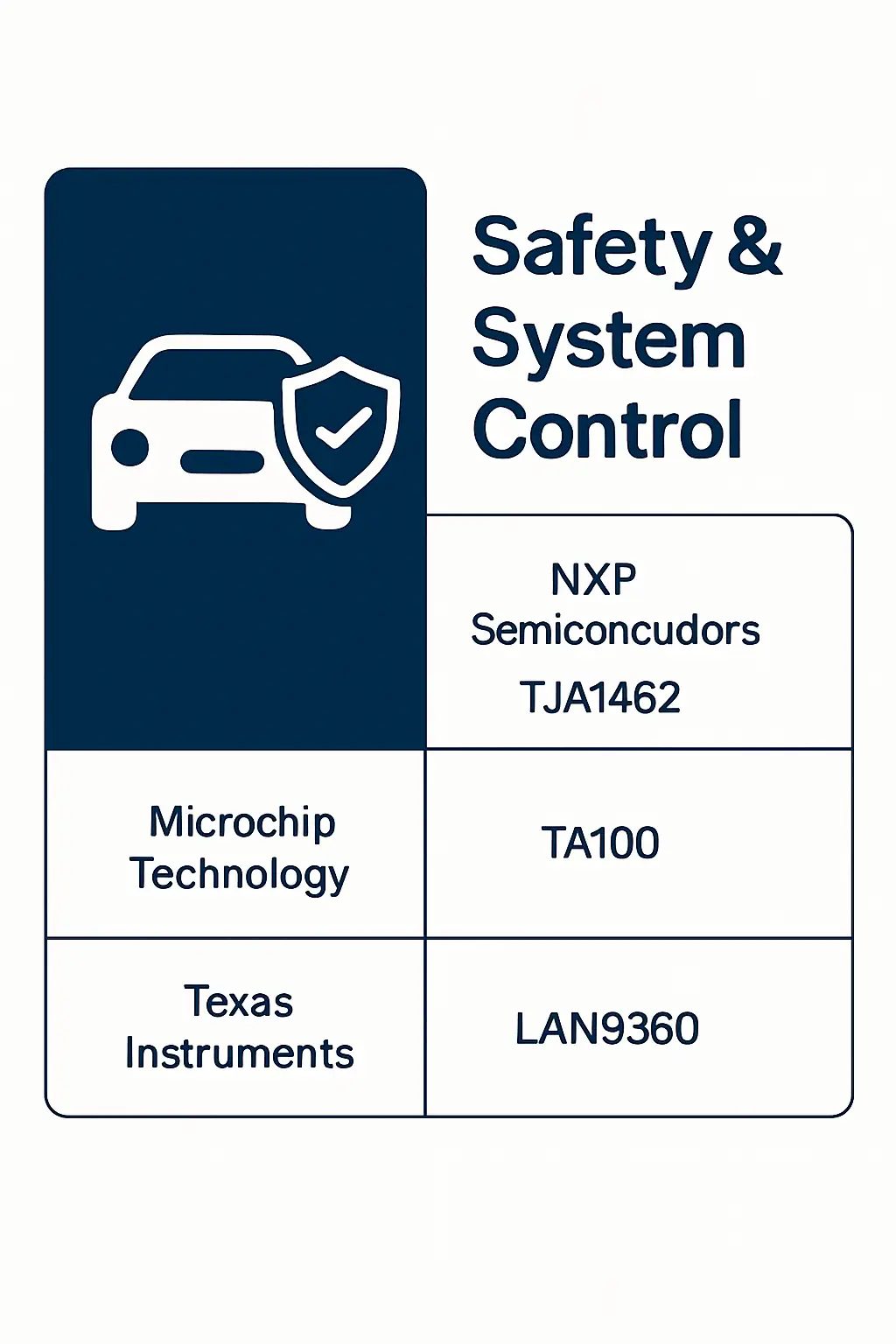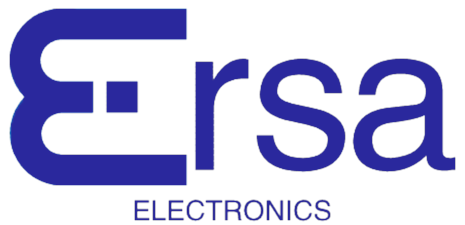Safety & System Control
Traction inverters are essential components in electric and hybrid vehicle systems, responsible for converting direct current (DC) from the battery into alternating current (AC) to power the electric motor. They play a critical role in managing energy flow, ensuring efficient performance, and supporting the overall functionality of electrification and battery systems. These inverters are designed to handle high voltages and currents, offering reliable operation under various driving conditions.
Used within the broader category of Automotive Electronics, traction inverters are key elements in Electrification & Battery Systems, enabling the transition from traditional combustion engines to electric propulsion. Their integration with Safety & System Control ensures that the vehicle operates safely, efficiently, and in compliance with modern automotive standards.
Traction inverters find application in a wide range of electric vehicles, including passenger cars, commercial vehicles, and public transportation systems. They support advanced driver assistance systems (ADAS) and contribute to energy recovery through regenerative braking. With continuous advancements in semiconductor technology and thermal management, these inverters are becoming more compact, efficient, and durable.
Designed for high-performance environments, traction inverters are crucial for achieving optimal vehicle range, acceleration, and power delivery. Their reliability and efficiency directly impact the overall user experience and the sustainability of electric mobility solutions. As the automotive industry moves toward electrification, traction inverters remain at the core of innovation in automotive electronics.
Details
Safety & System Control

Related Parts
| Series Name | Description | Manufacturer Name | Attribute Description |
|---|---|---|---|
| NXP Semiconductors | 5V CAN FD controller, 16Mbps data rate, integrated 5V LDO, low EMI, high noise immunity, VIO interface, partial network, wake-up via CAN bus, -40°C to +125°C operating temperature. | ||
| Microchip Technology | Operating voltage: 1.8V to 5.5V; Temperature range: -40°C to +85°C; Max frequency: 32MHz; Flash memory: 64KB; RAM: 8KB; Package: 20-pin QFN; Integrated ADC, UART, SPI, I2C. | ||
| Microchip Technology | 32-bit RISC processor, 10/100/1000 Mbps Ethernet, integrated PHY, 128KB RAM, 10/100/1000 Base-TX, supports IEEE 1588, low power consumption, MII/RMII/GMII interface, 128-pin BGA package, industrial temperature range. | ||
| Texas Instruments | 1.8V to 5.5V supply, 220MHz GBW, 800V/μs slew rate, low noise 4.5nV/√Hz, 16-bit ADC driver, shutdown mode, rail-to-rail I/O, low distortion, single/dual supply operation. |








.png?x-oss-process=image/format,webp/resize,h_32)










